When news broke that Israel planned to start an offensive in the city of Rafah, in the southern part of the Gaza Strip, it was faced with a barrage of warnings and condemnations, including from its allies.
President Biden called on Israel to halt the offensive. European Union representative for foreign affairs and security, Josep Borrell, urged Israel’s allies to stop arming it. UK foreign secretary David Cameron urged Israel to “think seriously” before it launched a large scale operation in the city and Egypt threatened to suspend the peace deal over the planned offensive.
Rafah sits close to the border with Egypt. Originally home to about 250,000 people, it’s where 1.4 million Palestinian civilians have found refuge since the war between Israel and Hamas started last October. It is also where Hamas terrorists have escaped to. Four Hamas battalions are embedded within Rafah’s civilian population. The border between Gaza and Egypt, called the Philadelphi Corridor, is the location of many tunnels reaching into Egyptian territory. Hamas has been using these tunnels to replenish supplies, including weapons, that help keep them fighting the Israeli Defense Forces.
Rafah is Hamas’s last stronghold in Gaza and therefore strategically important. If Israel is to pursue the goal of removing Hamas from power, it cannot do so without fighting Hamas forces in Rafah and operating along the Philadelphi Corridor.
Similar to what Israel has done previously in the war, it is planning to evacuate civilians from Rafah before an offensive begins, but this time, things are much trickier. In terms of space, much of the Gaza Strip is in ruins and unsafe. Additionally, safely relocating 1.4 million people, many sick, hungry and exhausted, is also a monumental task that can worsen the humanitarian crisis. Knowing this, Hamas has made Rafah its current center of operations, using the 1.4 million as humans shields, and escaping the worldwide condemnation faced by Israel.
Egypt, although critical of Israel in public, is keen for Hamas to be crushed and for the tunnels used for smuggling between Egypt and Gaza to be demolished. But Egypt also worries that an offensive so close to its border will push hundreds of thousands of refugees into the country, and has been reinforcing its forces along the border.
Israel has been liaising with Egypt over plans to build several new refugee camps to house civilians until the Rafah operation ends. It has also been drawing up plans to transfer humanitarian aid directly to the Palestinians. Israel claims that much of the aid that made it into Gaza has been confiscated by Hamas instead of reaching civilians. This has also been backed by witness reports from Palestinian civilians. Making sure that aid ends up where it needs to be is vital.
Israel’s reliance on American support means it has to proceed with care. President Biden’s relationship with Netanyahu is already fractured. Biden is frustrated by Netanyahu’s refusal to promote a new Palestinian leadership in Gaza, by his perception that Netanyahu’s actions are only done for self-preservation rather than to benefit Israel, and by Netanyahu’s far-right members of the Knesset, who have been repeatedly making inflammatory statements about Palestinians.
Biden, who is already doing poorly in public opinion polls, is facing criticism from Democrats about his staunch support for Israel. An Israeli offensive that results in mass civilian casualties will hurt him even more, which could result in reduced American assistance. Although Biden fully supports the aim of destroying Hamas, he does not have the political capital to support Israel at all costs. Netanyahu understands this, and therefore the importance of taking measures to minimize civilian casualties. This may also involve using smaller forces in limited operations in Rafah, to reduce risk to civilians, similar to what the IDF does in Khan Yunis and other places in northern Gaza.
Israel and Hamas have resumed negotiations over a ceasefire deal. This follows Israel agreeing to a long ceasefire and the release of Palestinian terrorists in return for the Israeli hostages — a deal rejected by Hamas, who demanded an end to the war and a full Israeli withdrawal from Gaza, to which Israel could not agree.
Israel hopes that threats of a large scale offensive in Rafah will help push Hamas into accepting more reasonable terms. If the sides reach a deal, the offensive will be postponed, although probably not scrapped; if Israel still wants to pursue its goals against Hamas, an offensive in Rafah is probably just a matter of time.
This article was originally published on The Spectator’s UK website.



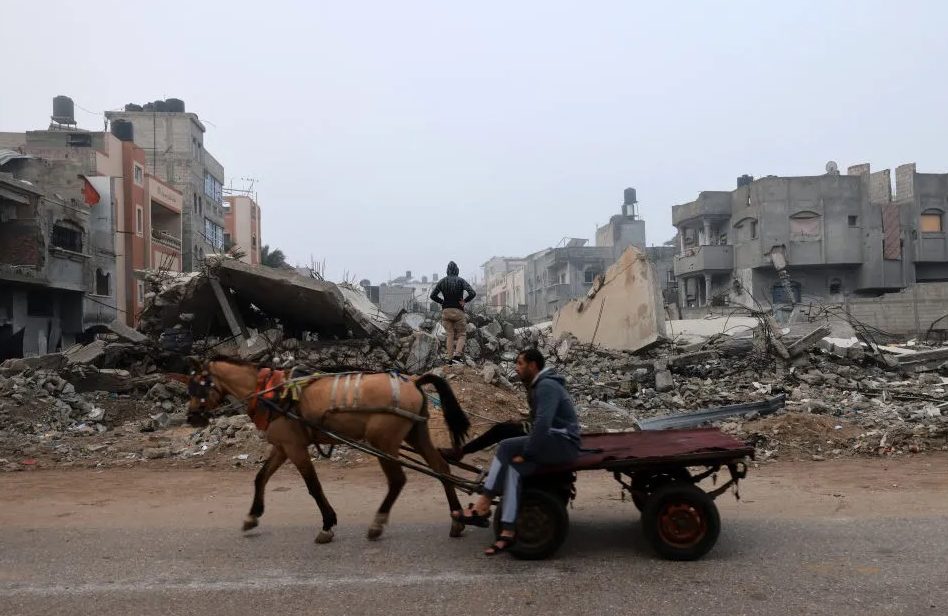








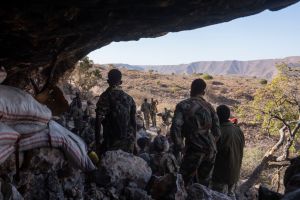
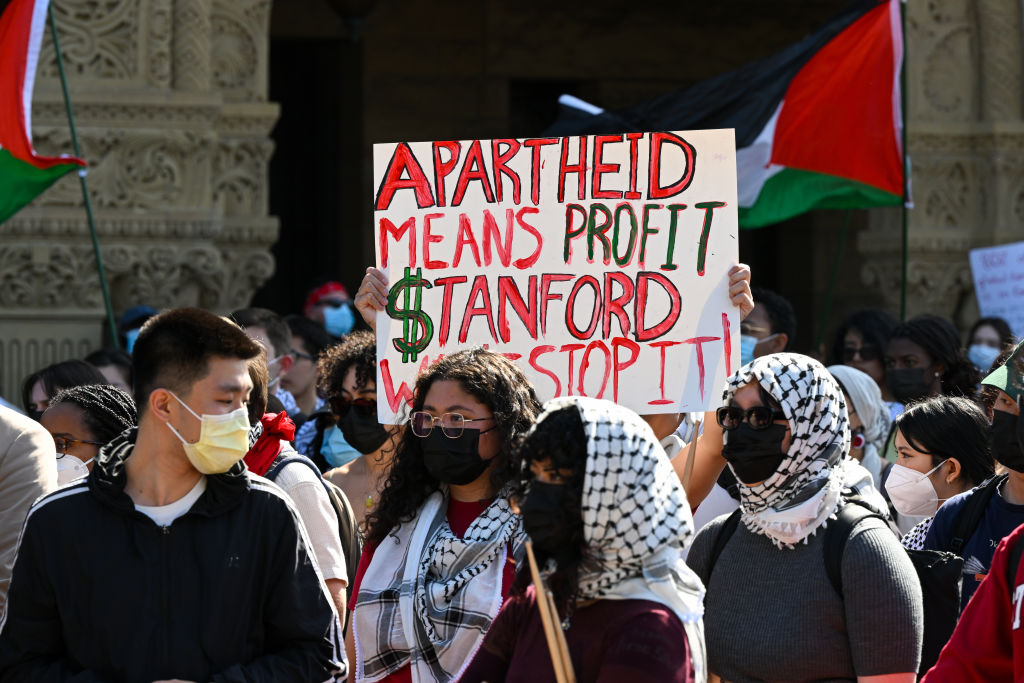

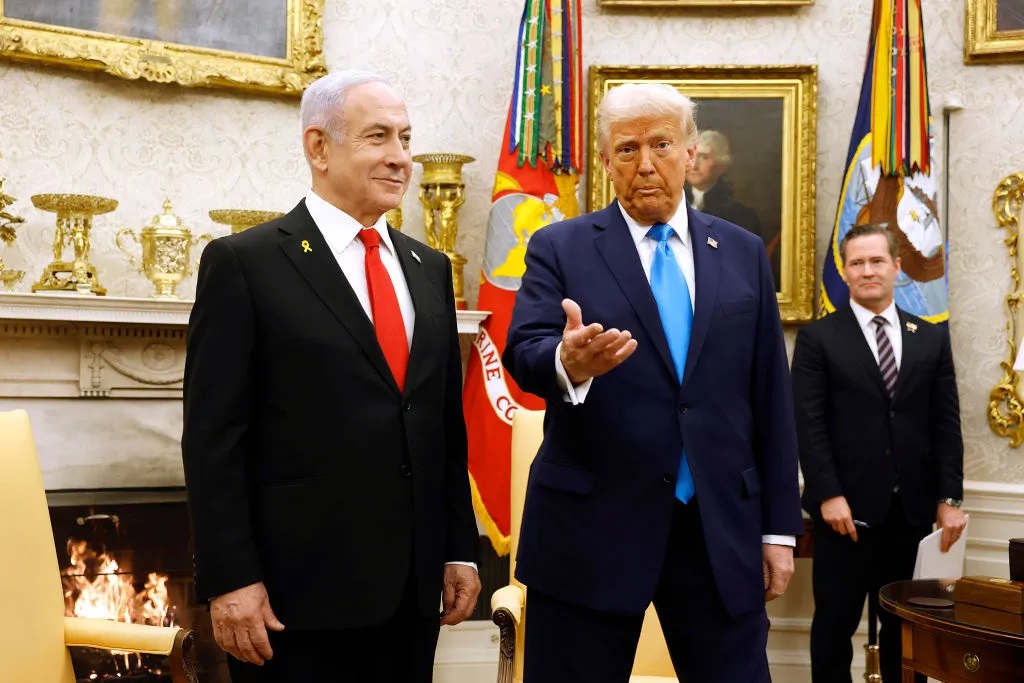
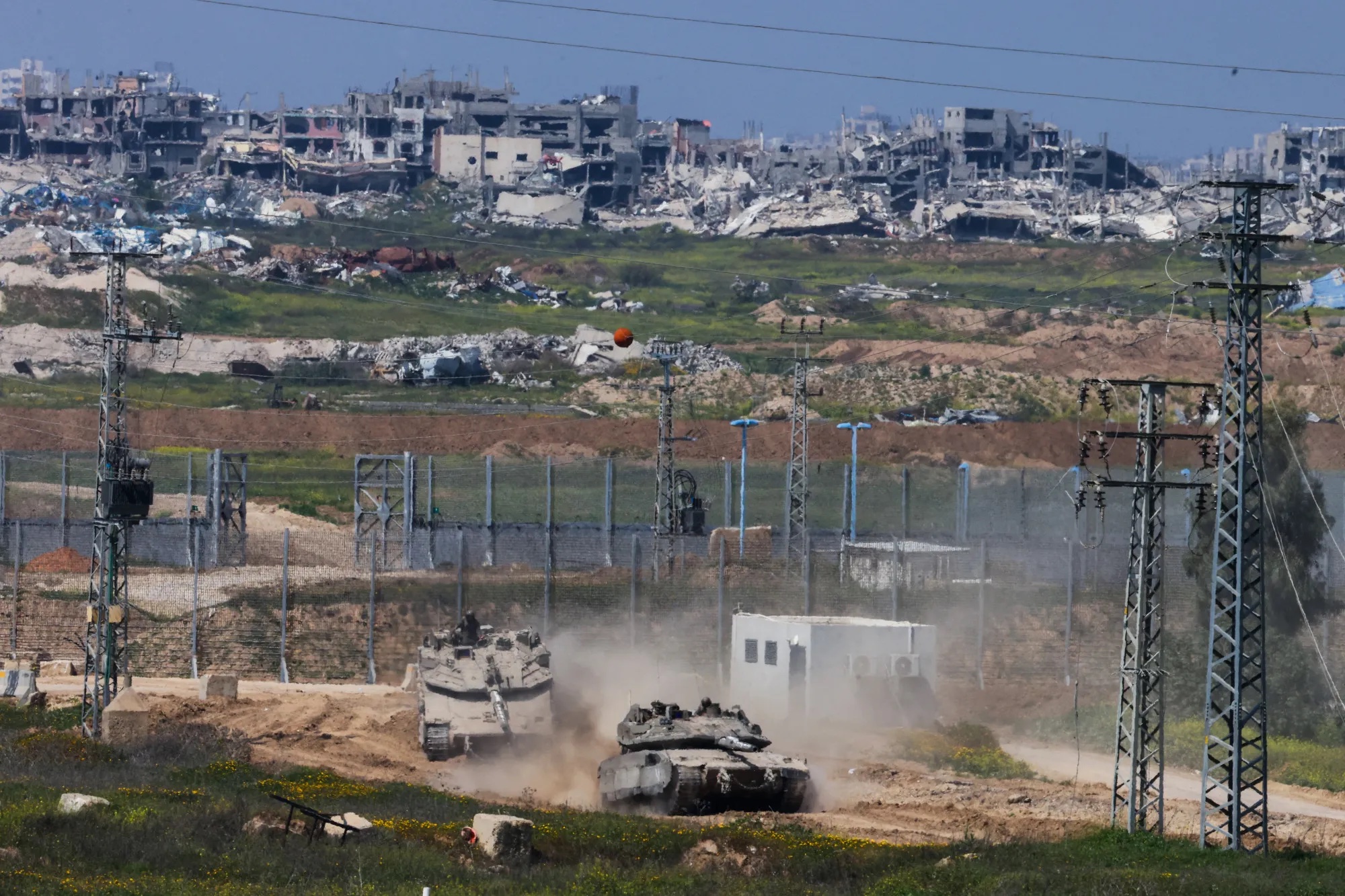
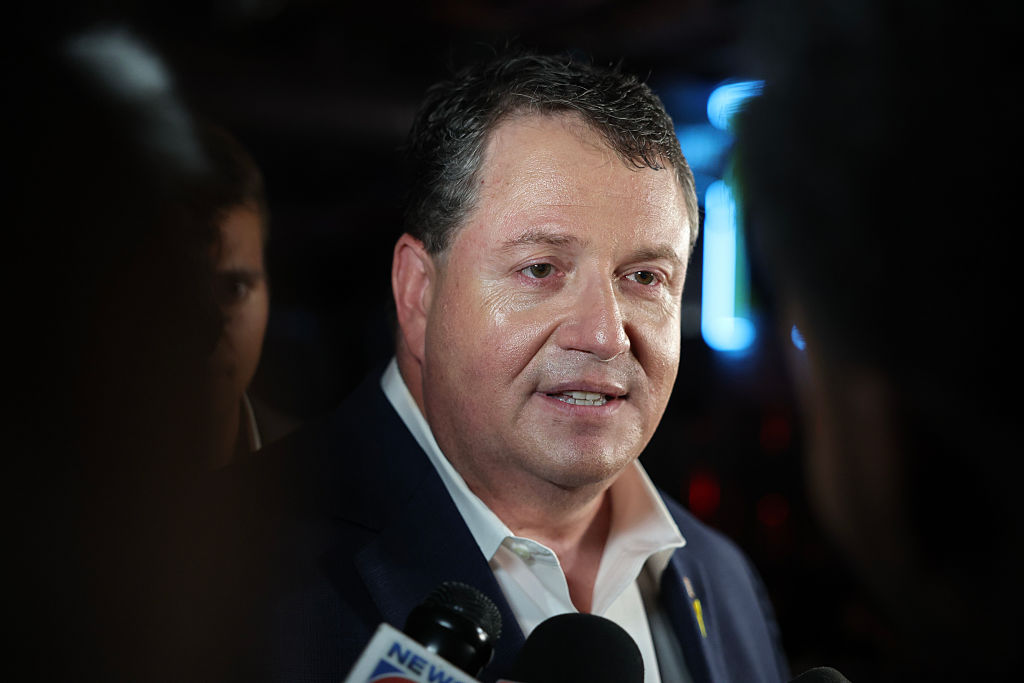








Leave a Reply